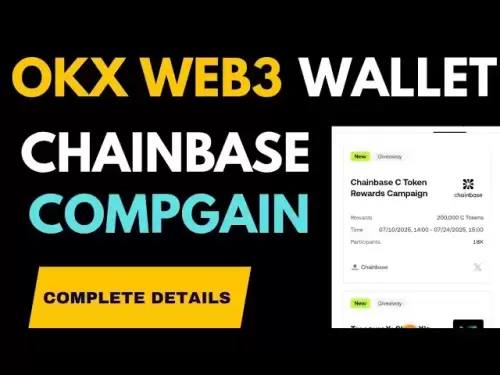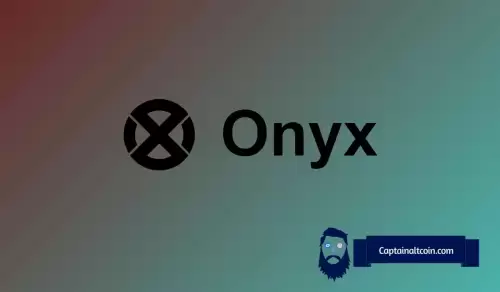Ethereum is charting a course towards integrating zero-knowledge technology directly into its core. What does this mean for the future of scalability, security, and the broader crypto landscape?
Ethereum's zkEVM Roadmap: A New Era of Scalability and Security?
Ethereum's gearing up for a major architectural shift, potentially embedding a zero-knowledge Ethereum Virtual Machine (zkEVM) right into its layer-1 blockchain within the next year. This move, spearheaded by the Ethereum Foundation, promises to revolutionize how transactions are verified, paving the way for enhanced scalability and security. It's like swapping out a room full of accountants for a super-efficient cryptographic receipt checker.
The Vision: Ethereum as the Ultimate ZK Application
The Ethereum Foundation (EF) is pushing for Ethereum to become the world's largest zero-knowledge (ZK) application. Instead of validators re-running every transaction, they'll simply check ZK-proofs – tiny cryptographic receipts that confirm everything went smoothly. Think of it as getting a thumbs-up from a mathematical wizard instead of painstakingly re-calculating every equation yourself.
According to Ethereum researcher Sophia Gold, the roadmap proposes validators verifying execution using stateless proof verification from multiple zero-knowledge virtual machines (zkVMs), which means having multiple independent checkers verifying multiple proofs. This adds an extra layer of security without slowing things down.
The Roadmap: Gradual Rollout and Ambitious Goals
The transition will be gradual, with optional ZK clients running alongside current validator setups. As these ZK clients prove their worth, the network will shift to requiring proof verification instead of full re-execution. The EF is setting ambitious goals for zkVM teams: proofs under 10 seconds, security, affordability (under $100,000 hardware cost), and energy efficiency (under 10 kilowatts). This opens the door for everyday folks to help secure the network, bolstering censorship resistance and decentralization.
Implications for Layer-2 ZK Rollups
While Ethereum's direct ZK integration could boost adoption, it also raises questions about the role of independent ZK proof startups. With the EF standardizing proof systems, smaller teams might need to adapt their strategies. The EF frames this as a collaborative effort, rallying zkVM projects to meet common real-time proving targets, rather than stifling competition.
My Take: A Bold Move with Potential Trade-offs
While the Ethereum Foundation's ambitious roadmap towards zkEVM integration is exciting, it's crucial to acknowledge potential challenges. Standardizing ZK proofs could indeed foster collaboration and accelerate development. However, it also carries the risk of creating a less diverse and potentially less innovative ecosystem. Smaller ZK startups may find it difficult to compete with the resources and influence of the Ethereum Foundation, potentially leading to a concentration of power within the Ethereum ecosystem.
For example, smaller ZK teams that may have initially been in competition with Ethereum may need to pivot to creating tools and systems that work well with ETH’s existing standards.
The Future is ZK-Friendly
Ethereum's move to embrace ZK technology positions it as a frontrunner in the zero-knowledge space. While the path forward may require some adjustments for existing players, the potential benefits – enhanced scalability, security, and decentralization – are undeniable. It's like Ethereum's getting a super-powered upgrade, and we're all along for the ride. So, buckle up and get ready for a ZK-powered future!




















































































